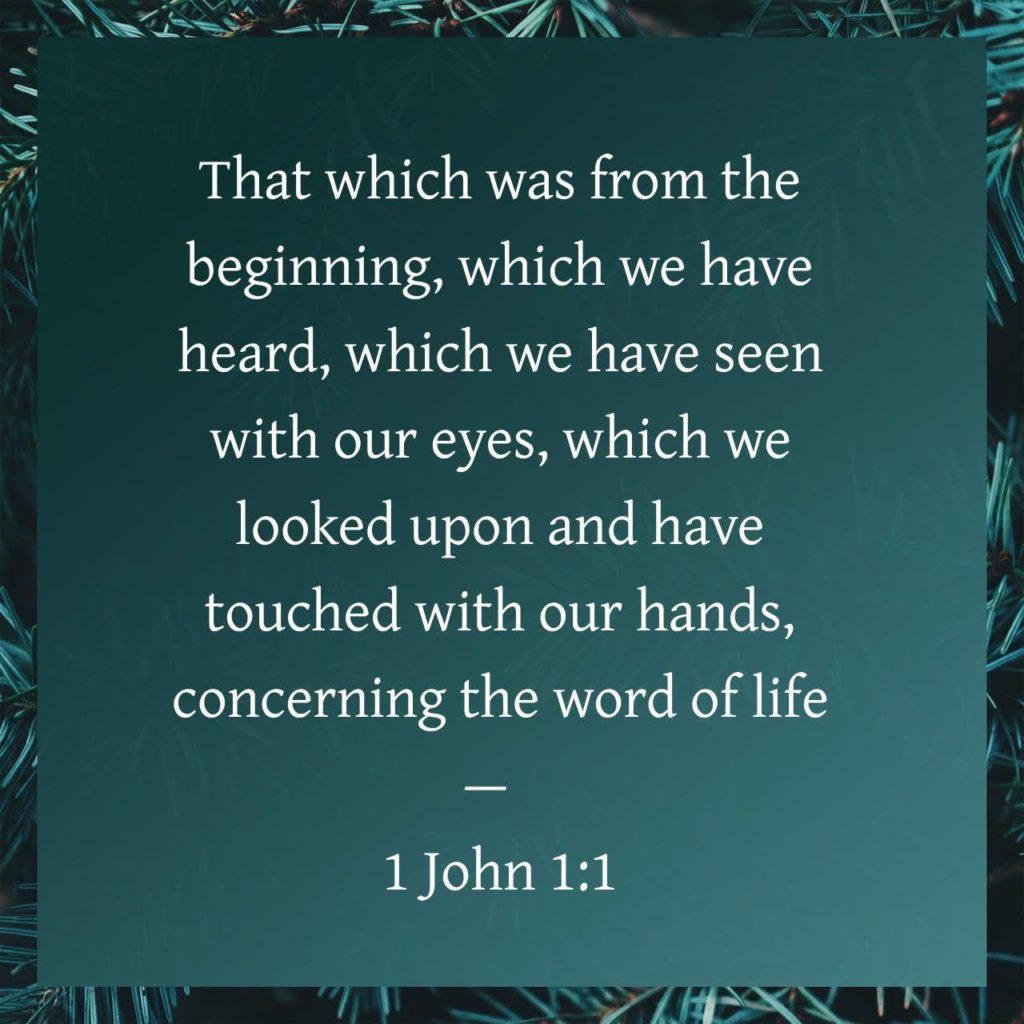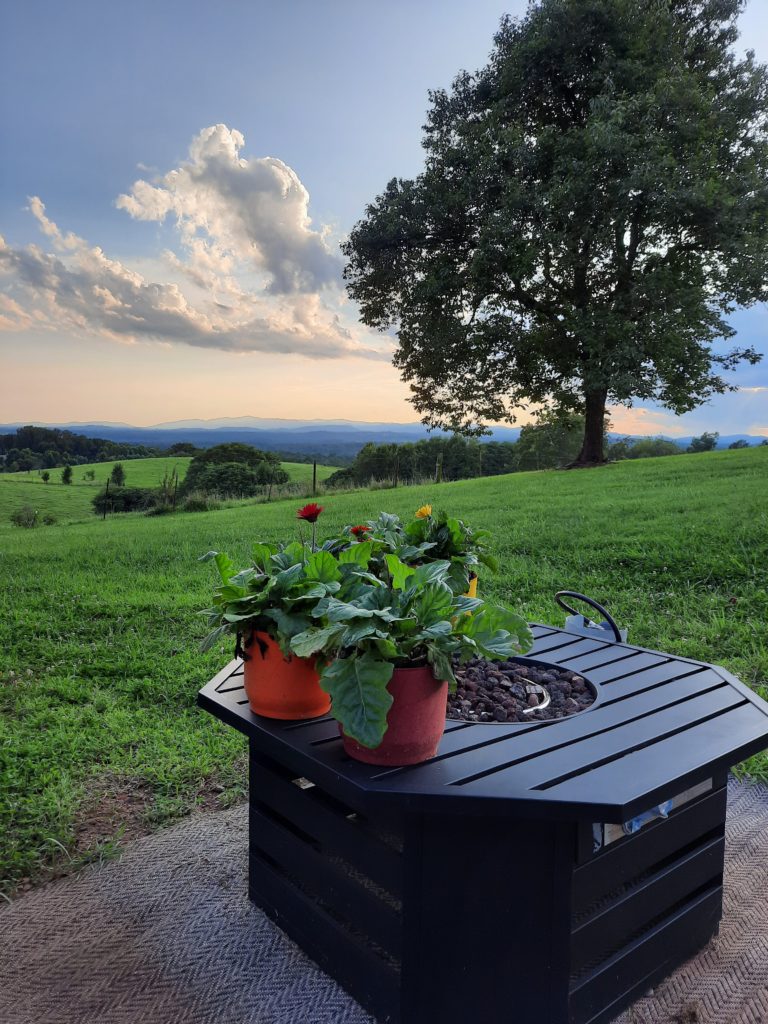One of my children is a kinesthetic learner. He experiences the world by engaging with it physically and often in up close and messy ways. He doesn’t learn by casually observing, but by touching and moving. This became apparent to us a few years ago, while visiting the Coke Museum in Atlanta.
When exiting the museum, each guest is given a complimentary miniature glass bottle of Coca-Cola, wrapped in a plastic bag. Each of my children was overjoyed to be given their own bottle of Coke. As we walked down the sidewalk away from the museum, I was shocked and surprised by the sound of glass shattering on the cement pavement. My kinesthetic child had dropped his bottle of coke on the pavement.
I soon found out it was no accident. He had dropped his bottle of Coke on purpose. He explained that he had wondered what would happen if the bottle hit the ground, so he dropped it to find out. My emotions in that moment ran along the lines of embarrassment, anger, and confusion, but my husband quickly turned to me and astutely assessed the situation: “I think he has to experience the world to learn. For him, just thinking and observing isn’t enough. He has to engage it physically and learn from it.”
Parenting challenges aside, in some ways aren’t we all built this way? God designed us to experience and engage the world with our five senses, and it is through these five senses that we learn, make memories, and draw conclusions.

Because God designed us to engage the world with our senses, Jesus appealed to these very senses when He walked the earth. He broke bread. He washed feet. He told parables. He healed the sick and the blind, and He did all of this with a human body ministering to other human bodies.
The Apostle John proclaimed the good news of Christ’s coming in this way:
That which was from the beginning, which we have heard, which we have seen with our eyes, which we looked upon and have touched with our hands, concerning the word of life—
I John 1:1 ESV
“Which we have heard, which we have seen with our eyes, which we have looked upon and have touched with our hands…” John is remembering and appealing to his audience the truth of Jesus based on the evidence of his senses. He is saying, “I was there. I remember Him. I saw Him, I heard Him, and I touched Him.” Can you even imagine what a privilege it would have been to have seen, heard, and touched Jesus?

I think many of us are taught, or somehow learn as we grow and age, that all of our senses are not needed in our spiritual lives. After all, how many senses do you actually need in order to read the Bible? Yet, our bodies are designed to learn using all of the senses. This is important in our faith lives, just as it is in every other area of our lives. Sensory experiences enrich and deepen not just our faith experiences, but also how we make spiritual memories.
So, for just a few moments, I want to challenge you to begin thinking about some ways that you already engage your faith with your senses and potentially add a few new ideas as well.
Sight: Most of us engage sight in our everyday faith lives by reading the Bible, but there are many other ways that we can do it as well. Another way is by spending time in nature, visually appreciating and taking in the beauty of creation. Beauty of many kinds, both through nature or through pieces of fine art can stir and awaken in us awe for God.
Touch: Jesus spent a lot of time touching: through healing, through washing feet, and by holding children. There are many ways that we too can use touch in our faith lives: hugging our friends in Christ, feeling the weight of our Bible in our hands as we read, using prayer beads or making a prayer shawl (I have made prayer stones for myself), baptism, washing feet, or holding hands as we pray. These are just a few examples of how touch can be used in our faith lives.
Hearing: For centuries and centuries, common people did not have access to the Word of God. They relied on hearing it from pastors and priests, or on passing it down through word of mouth. Although the ability to access the Bible so easily now is a great blessing, we are really missing out on some of the oral traditions of the past. Reading Scripture out loud is one way to incorporate hearing in our faith lives. Music and worship are also incredible ways to experience our faith through rich sound waves.
Smell: In the Old Testament, incense and burning sacrifices were ways that many of God’s people experienced their faith through aroma. Some traditional churches still incorporate incense and candles today. Our olfactory sense and memory are closely linked, so by incorporating aromas into your faith walk, you can also help yourself create memories. You may remember the smells of a potluck at church, or maybe you associate the smell of coffee or tea with your morning Bible reading. Burning candles or diffusing essential oils may also help incorporate aroma into your faith routine.
Taste: Christ demonstrated this sense viscerally, by sharing with his disciples the broken bread and wine that represented His body. He commanded that the church never forget communion. In the early church, the people regularly got together for meals. In many cultures, food is synonymous with community and can be an important part of faith life.
God didn’t design us as spirits. He gave us human bodies that learn and take in the world through our senses. Since we are embodied beings who engage the world with our senses, I encourage you to explore how you can more intentionally engage your faith in sensory ways. I would love to hear about the ways you find to engage and explore in new ways and how this affects your faith life.

Pause: Using your five senses, help calm and ground yourself for a moment by paying attention to your surroundings. What do you see? What do you hear? What do you smell? What are you touching right now? When you feel calm and ready, go read I John 1: 1-4. What resonates with you from this passage?
Renew: Take a moment to think about how you regularly engage your senses at church, in your Bible reading, or during your prayer time. In reading this blog post, did you think of new ideas to add to this list?
Next: Over the coming week, become more aware and curious about the ways that you are experiencing the Lord and His Kingdom here on earth through your senses. Look for new ways that you can incorporate your senses and for how this can help expand your connection with the Word, your prayer life, and in relationship with your brothers and sisters in Christ.
May we be ever thankful for these bodies that we have been given and the ways that they help us to engage with each other and our Lord.
Pause, Renew, Next!
